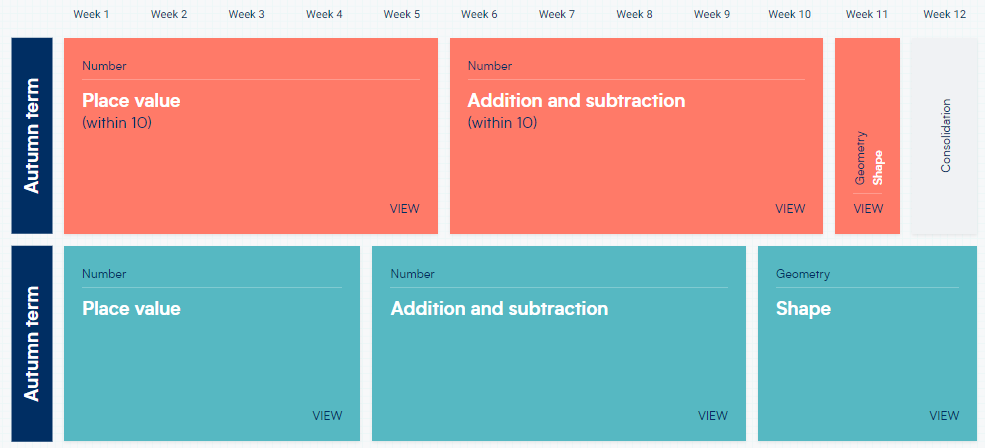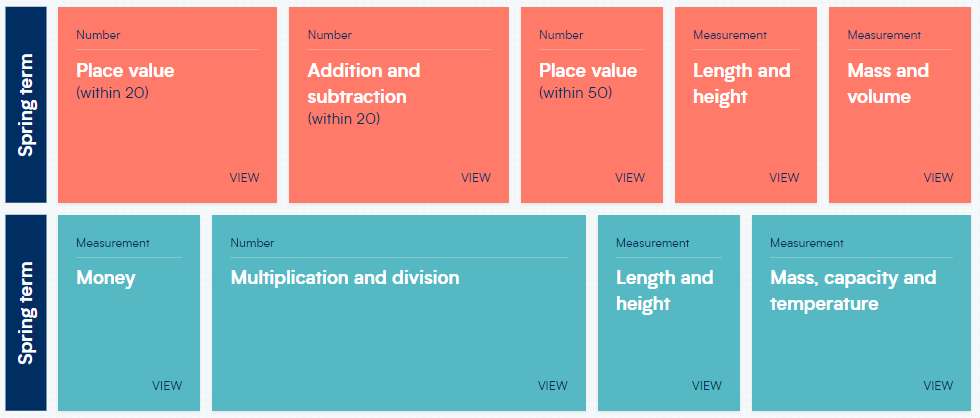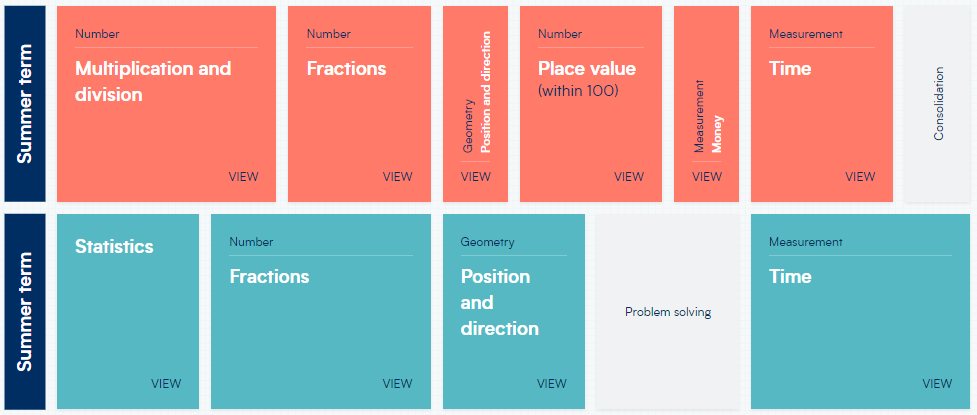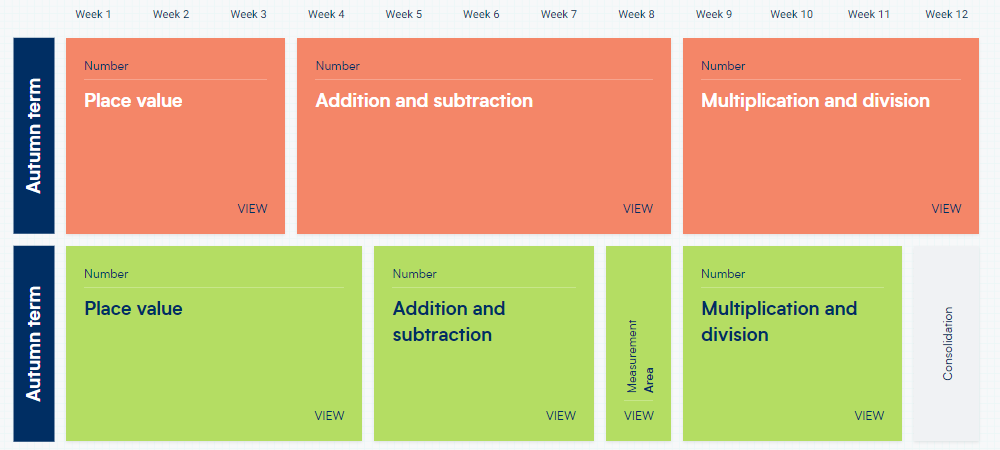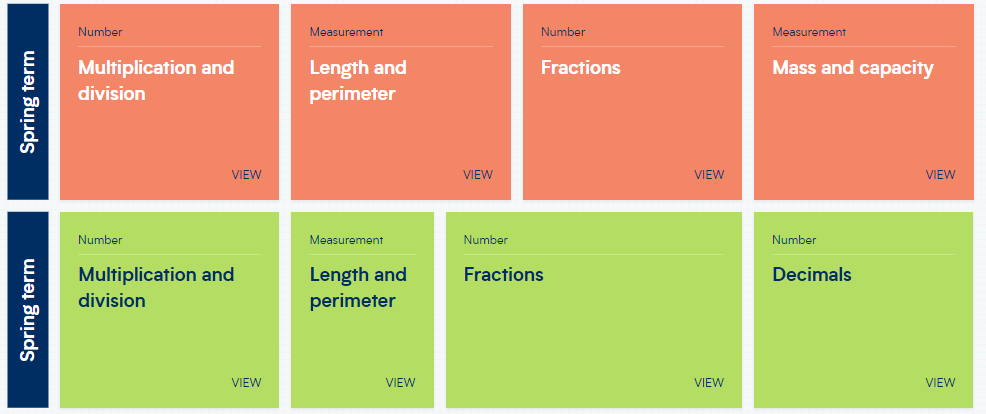Our Intent:
At Reed First School we believe that having a strong mathematical knowledge and understanding is a crucial skill for life. It is important for all pupils to have direct experience of using and applying mathematics in a wider range of contexts across the curriculum. At Reed, we aim to deliver a curriculum that enables all pupils to acquire the basic skills as well as developing opportunities for them to use and apply their mathematical skills through a wider creative curriculum, which links learning to real life situations. Pupils will be given the opportunity to communicate mathematical concepts and ideas, using skills of speaking, listening and recording, therefore developing their language skills also, within the context of mathematics.
Our mathematics curriculum is taught in accordance with the 2014 Primary National Curriculum for England. To ensure all pupils develop and build upon skills, mathematics is taught through discrete timetabled sessions over a period of a week, with other opportunities provided throughout the curriculum to develop cross curricular mathematical application.
Additional sessions called: Fluency 4 is spent focusing on revisiting learning, which could include: learning from a previous lesson, something from last week, last month, last term or even last year. We focus not only on the mathematical methods but also focus on mathematical vocabulary and this is displayed through our working wall displays. All of our classrooms have working walls as teaching aids that the children can utilise to support their learning and provide extra challenge.
Each classroom also has a Maths Stop which is an area for the children to visit at any time to select practical resources to support their calculating, understanding and explanations. Reasoning is a key area in our lessons as our children need to be able to describe, explain, convince, justify and prove to be successful in this subject. Every classroom has key words and phrases displayed which are modelled and embedded within our mathematical conversations.
KS1 and KS2 follow White Rose Planning, supplemented by NCETM Mastery materials.
Teachers in Early Years follow the NCETM Mastering Number Planning for their daily adult led lesson and use the White Rose Planning and Development Matters Document to supplement and enrich the curriculum and for continuous and enhanced provision for Child Initiated Learning (C.I.L).
KS1:
KS2:
- Reed First School- Mathematics Policy (551.80KB)
- Year 4 Calculation Policy (2.76MB)
- Year 3 Calculation Policy (2.24MB)
- Year 2 Calculation Policy (2.66MB)
- Year 1 Calculation Policy (1.67MB)
Multiplication tables check (MTC)
Every pupil will be expected to know their times tables up to 12×12 by the time they reach the end of Reed First School.
A multiplication tables check (MTC) is statutory for all year 4 pupils registered at state-funded maintained schools, special schools or academies (including free schools) in England.
The MTC is an online assessment. The purpose of the Multiplication Tables Check is to determine whether pupils can fluently recall their multiplication tables up to 12, through a set of 25 timed questions, which is essential for future success in mathematics. It will help schools to identify pupils who have not yet mastered this mathematical skill, so that additional support can be provided
As a school, we ensure early identification of those pupils at risk of falling behind. It is vital that all our pupils perform their very best and they are fully prepared for the transition to middle/secondary school.
In order to successfully embed all of the multiplication and derived division facts, it is important that parents work with us in order to achieve this goal.
By following the expectations for each year group, skills and knowledge can be built upon year on year to reach the expected standards by the end of Year 4. These are outlined below:
- By the end of Year 1 – Pupils need to solve one step problems involving multiplication and division by calculating the answer using concrete objects, pictorial representations and arrays with the support of the teacher.
- By the end of Year 2 – Pupils must recall and use multiplication and division facts for x2, x5 and x10.
- By the end of Year 3 – Pupils must recall and use multiplication and division facts for x2, x3, x4, x5, x8 and x10.
- By the end of Year 4 – Pupils must recall and use multiplication and division facts for ALL tables up to 12 x 12.
Here are some useful links for you and your child to practice multiplication facts:
https://ttrockstars.com/parents/
https://www.topmarks.co.uk/maths-games/hit-the-button
https://www.cgpbooks.co.uk/info/times-table-tester
The Early Years Foundation Stage
Developing a strong grounding in number is essential so that all children develop the necessary building blocks to excel mathematically. Children should be able to count confidently, develop a deep understanding of the numbers to 10, the relationships between them and the patterns within those numbers. It is important that children develop positive attitudes and interests in mathematics, look for patterns and relationships, spot connections, ‘have a go’, talk to adults and peers about what they notice and not be afraid to make mistakes.
As with all other Areas of Learning, the teaching and learning of mathematics in our Early Years class takes place both indoors and outdoors through a wide range of practical and “hands on” activities, adult led and child initiated.
The adults use their knowledge and expertise to plan the learning environment which provides children with lots of opportunities to explore different aspects of number and shape, space and measures. The children have a wide range of structured play resources available to them throughout the year. In addition to the opportunities for child-initiated play indoors and outdoors, staff plan adult led activities for groups of children and individuals based on their observations of what children know and can do. They plan activities to address any misconceptions that have arisen and to introduce new concepts.
Home Learning Children in Year 1 to Year 4 complete their home learning activities using the online home learning resources, which aim to build pupil engagement and consolidate maths knowledge. It is expected that parents encourage and help their child/children learn their number bonds and times tables at home and that they complete their assigned Mathletics tasks and TT Rock Stars weekly.
Useful Maths Websites.
https://www.mathschase.com/ free site providing games for Reception to Year 4 – to quickly test your times tables and other number facts such as addition, subtraction, sequencing and place value.
https://www.topmarks.co.uk/maths-games/hit-the-button Hit the button game is an interactive maths game with quick fire questions on Number Bonds, TimesTables/multiplication facts, doubling and halving, division facts and square numbers. Play against the clock challenge to develop your mental maths skills. Regular use will sharpen your recall of vital number facts in a fun way.
